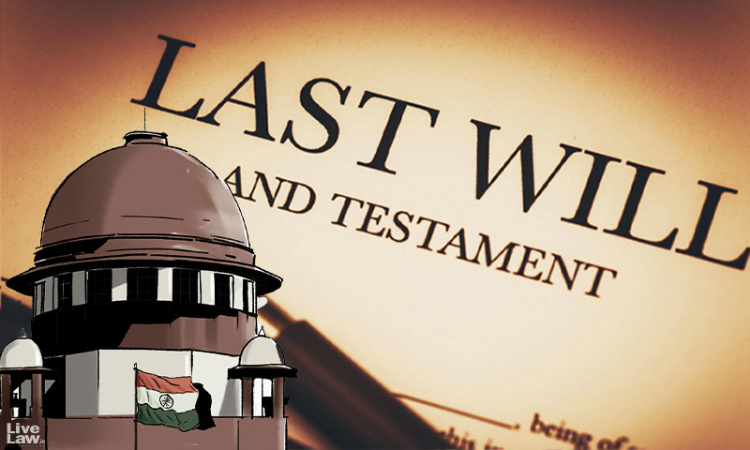Will Can't Be Presumed To Be Genuine Merely Because It Is Aged More Than 30 Years Old : Supreme Court
Rintu Mariam Biju
15 March 2023 10:10 PM IST

Next Story
15 March 2023 10:10 PM IST
The Supreme Court has held that the presumption under Section 90 of the Indian Evidence Act regarding the genuineness of documents aged more that thirty years old is not applicable to a will."wills cannot be proved only on the basis of their age – the presumption under Section 90 as to the regularity of documents more than 30 years of age is inapplicable when it comes to proof of wills",...
